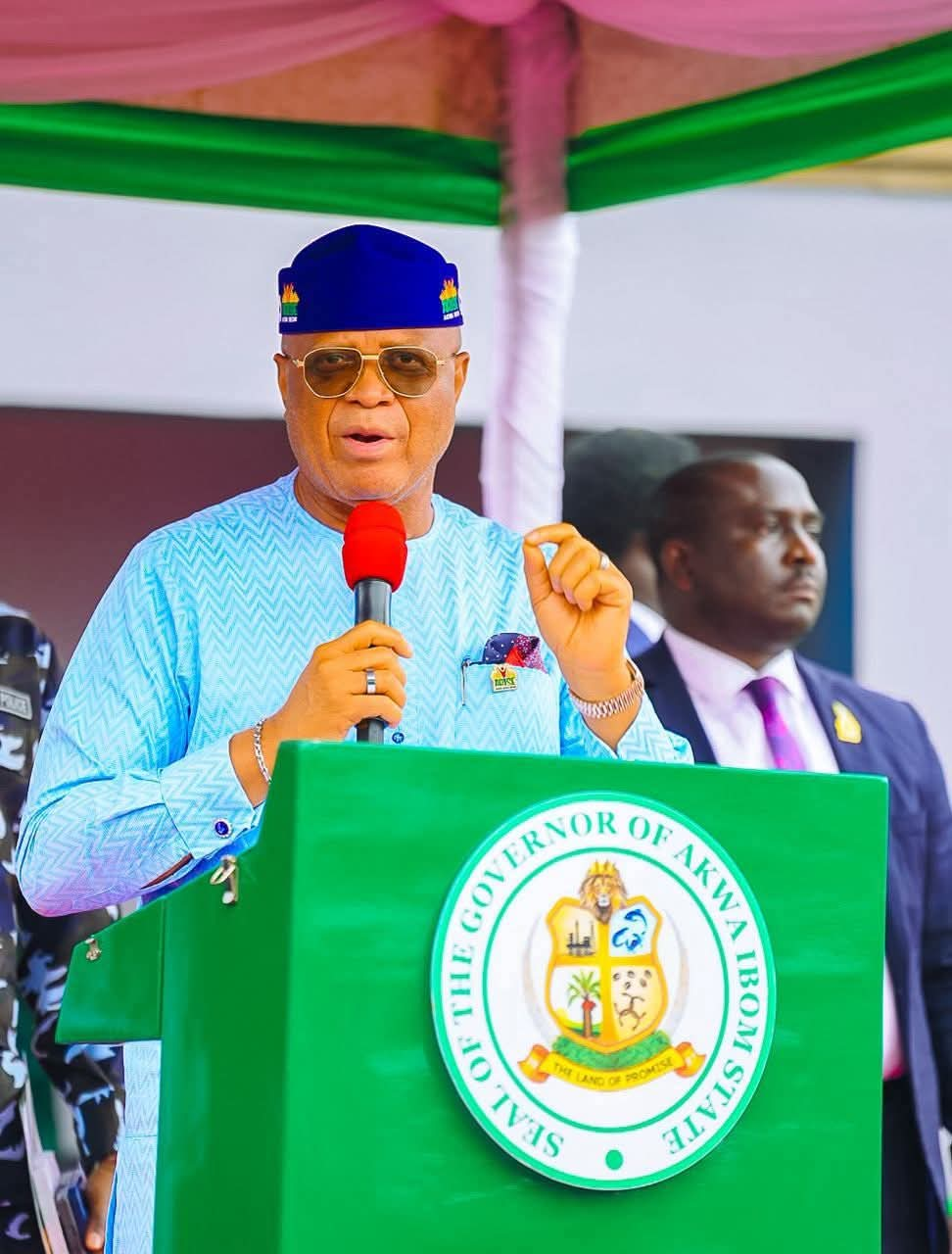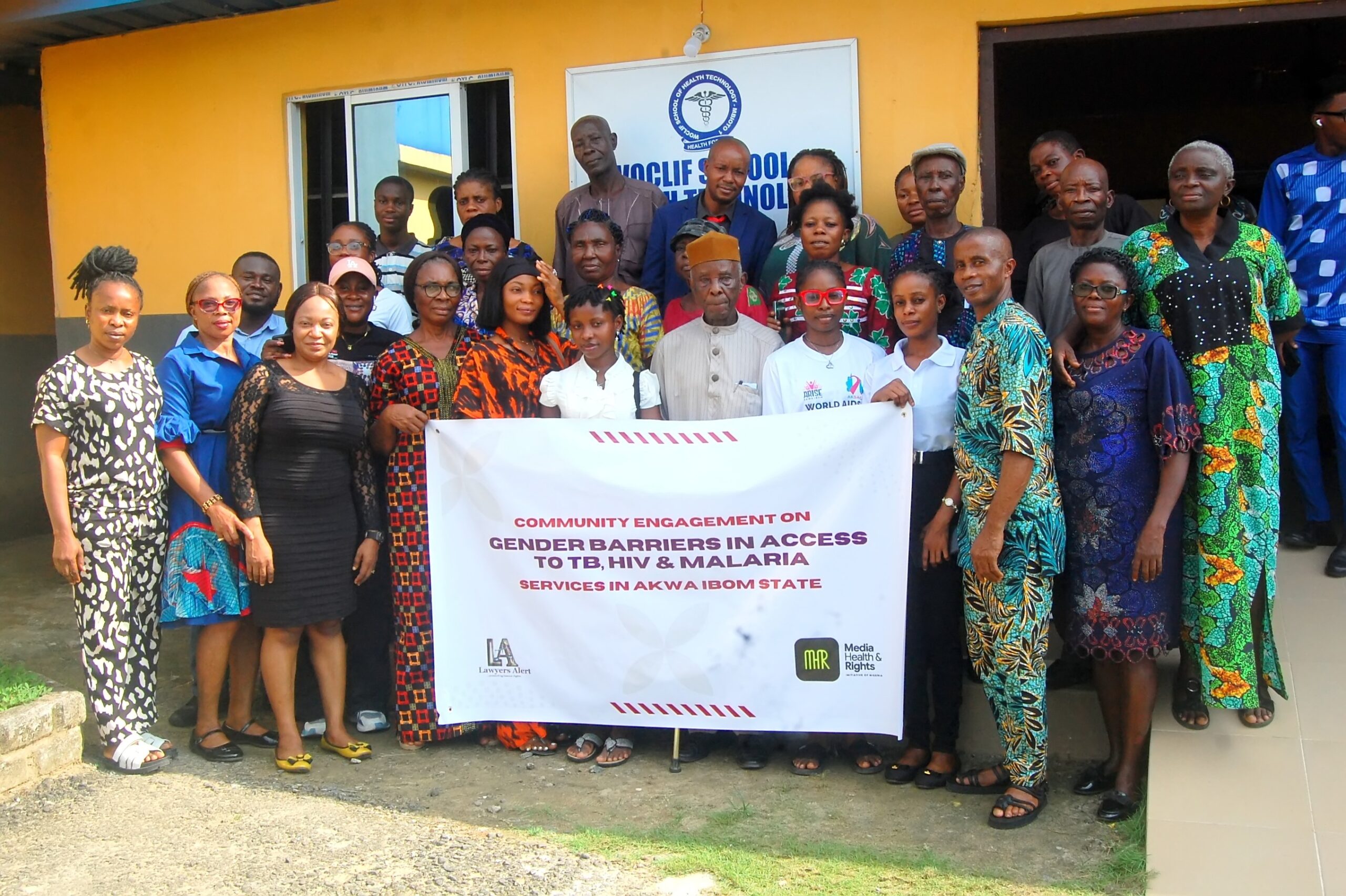By Michael Ukanga Ekpo #AriseRenewedHopeMedia
Governor Pastor Umo Eno is steadily carving out a reputation for running a government that carries everyone along. In a short while, his administration has earned praises for the policies that place inclusivity at the centre of governance in Akwa Ibom State.
A Government that listens; from women and young people, to persons with disabilities, the governor has made it clear that no group will be left behind. New skills acquisition programmes, empowerment schemes, and business support initiatives have been rolled out to give citizens the tools to thrive. Beneficiary’s lists, as published online, further underline the administration’s emphasis on transparency and fairness.
At a recent event, Governor Eno restated his vision of building human capacity through structured empowerment programmes. He urged young people to register on government portals created to match them with opportunities, signaling his intention to make inclusion more than a slogan.
Building bridges across communities; Pastor Eno’s style of governance is anchored on open engagement. Town hall meetings and consultations with traditional rulers, community leaders, and citizens have become a regular feature, allowing ordinary people to have a voice in decision-making. His appointments also reflect diversity, ensuring representation from across the state’s ethnic, gender, and social divides.
Beyond politics: social and economic renewal, the administration’s inclusivity agenda is not limited to empowerment schemes. Roads, schools, and health facilities are being built and refurbished across the state. Model schools, in particular, stand out as proof of the government’s commitment to preparing a new generation for economic and social leadership.
At the same time, policies to encourage entrepreneurship and attract investors are reshaping the state’s economic climate. For young people, this means more opportunities to start businesses or secure gainful employment. For investors, it signals a government serious about stability and growth.
Infrastructure gaps, unemployment, and social inequalities are not problems that disappear overnight. Yet, with a clear plan and the political will to act, the administration has shown it is ready to confront these issues head-on.
A Defining legacy is in the making. Pastor Umo Eno’s leadership is steadily redefining governance in Akwa Ibom. By weaving inclusivity into policy and practice, he has created a sense of belonging that unites communities and strengthens social bonds. His focus on empowerment and human capital development points toward a future where citizens are not just passive beneficiaries but active participants in the state’s growth.
As Akwa Ibom continues to evolve, one thing is becoming evident: the government’s emphasis on inclusion may well be remembered as the signature legacy of Pastor Umo Eno’s time in office.



